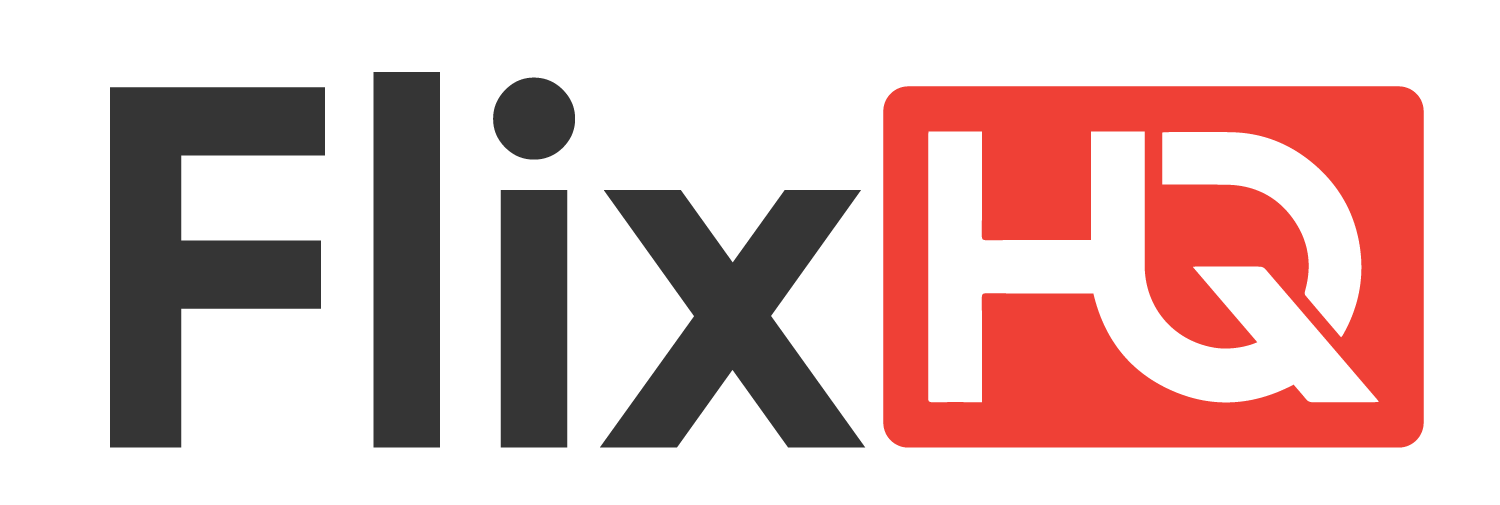In recent years, the internet has seen the rise and fall of numerous content-sharing platforms, some of which have sparked significant controversy. One such platform was Thothub, a website that gained notoriety for hosting adult content, often shared without the consent of the creators. While Thothub is no longer operational, its impact on discussions around digital privacy, copyright infringement, and ethical content sharing remains relevant.
What Was Thothub?
Thothub was a website that allowed users to upload and share adult content, often featuring content creators from platforms like OnlyFans, Patreon, and ManyVids. Unlike legitimate subscription-based platforms where creators monetize their work, Thothub operated by redistributing paid content for free, frequently without the consent of the original creators.
Key Features of Thothub
- User-Uploaded Content – The platform relied on users to upload videos, images, and other media, often obtained through leaked or pirated sources.
- Free Access – Unlike OnlyFans or Fansly, where users pay for exclusive content, Thothub provided free access, attracting a large audience.
- Lack of Content Moderation – Many posts included non-consensual or stolen material, raising serious ethical concerns.
Due to these practices, Thothub quickly became a hub for piracy and copyright infringement, leading to widespread backlash from content creators and legal authorities.
Why Was Thothub So Controversial?
Thothub’s business model was built on exploiting the work of adult content creators without compensating them. Here are the primary reasons why the platform faced intense criticism:
1. Copyright Infringement
Many creators on OnlyFans and similar platforms rely on paid subscriptions for income. When their content was leaked on Thothub, it directly harmed their earnings. Despite attempts to issue DMCA takedowns, the site often reuploaded the same content, making it difficult for creators to protect their work.
2. Non-Consensual Content Sharing
One of the most alarming aspects of Thothub was the distribution of non-consensual pornography, including revenge porn and privately shared media. This violated privacy laws in multiple countries and caused significant emotional distress for victims.
3. Ethical Concerns
Beyond legal issues, Thothub raised ethical questions about internet accountability. Should platforms that profit from stolen content be allowed to operate? How can creators protect themselves from piracy? These debates intensified as more victims spoke out against the site.
4. Impact on Content Creators
For many adult performers, content creation is a primary source of income. When their work was leaked on Thothub, they lost subscribers and revenue. Some creators reported harassment and doxxing (having their personal information exposed) as a result of their content being shared without permission.
The Legal Battle and Shutdown of Thothub
Due to mounting legal pressure, Thothub was eventually shut down. Here’s how it happened:
1. DMCA Takedowns and Lawsuits
Many creators and copyright holders filed Digital Millennium Copyright Act (DMCA) complaints against Thothub, demanding the removal of stolen content. However, the site often ignored these requests, leading to further legal action.
2. Payment Processor Bans
Websites like Thothub rely on payment processors (such as PayPal and credit card companies) to monetize through ads or premium memberships. When these companies cut ties due to violations of their terms of service, Thothub lost a critical revenue stream.
3. Domain Seizures and Hosting Issues
Authorities and anti-piracy groups pressured domain registrars and hosting providers to terminate Thothub’s services. Eventually, the site’s domain was seized, and alternative mirror sites were also taken down.
4. Arrests and Criminal Charges
In some cases, individuals involved in running similar piracy sites faced criminal charges for copyright infringement and profiting from illegal content distribution. While the exact fate of Thothub’s operators remains unclear, the crackdown sent a strong message to similar platforms.
The Aftermath: What Happened After Thothub’s Shutdown?
Following Thothub’s closure, several developments occurred in the online adult content industry:
1. Rise of Alternative Piracy Sites
Despite Thothub’s shutdown, other piracy sites emerged, continuing the cycle of content theft. However, increased legal scrutiny has made it harder for such platforms to operate long-term.
2. Stronger Protections for Creators
Platforms like OnlyFans have implemented stricter anti-piracy measures, including watermarking content, issuing automatic DMCA takedowns, and pursuing legal action against leaks.
3. Increased Awareness of Digital Rights
More creators are now educated about copyright laws and how to protect their work. Many use services like Rulta or Branditscan to automatically detect and remove stolen content.
4. Shift Toward Decentralized Platforms
Some creators are exploring blockchain-based platforms where content ownership is verifiable, reducing the risk of piracy.
How Can Content Creators Protect Themselves?
If you’re a content creator, here are some steps to safeguard your work:
- Watermark Your Content – Adding a visible watermark makes it harder for others to claim your work as their own.
- Use DMCA Protection Services – Companies like DMCA.com can help issue takedown notices automatically.
- Monitor Leak Sites – Regularly check piracy sites to see if your content has been stolen.
- Legal Action – If necessary, consult a lawyer to pursue legal action against repeat offenders.
- Secure Your Accounts – Use strong passwords and two-factor authentication to prevent hacking.
Conclusion: The Legacy of Thothub and the Future of Online Content
Thothub’s rise and fall highlight the ongoing challenges of digital piracy and consent in the internet age. While the platform is gone, the issues it raised—copyright infringement, privacy violations, and ethical content sharing—remain unresolved.
For content creators, protecting their work requires vigilance and proactive measures. For consumers, supporting creators through legitimate platforms ensures fair compensation and discourages piracy.
As the internet evolves, stronger regulations and ethical standards will be necessary to prevent another Thothub from emerging. The conversation around digital rights is far from over, but increased awareness and legal action are steps in the right direction.
Final Thoughts
What are your thoughts on platforms like Thothub? Do you believe stricter laws are needed to combat content piracy? Share your opinions in the comments below! || FlixHQ

